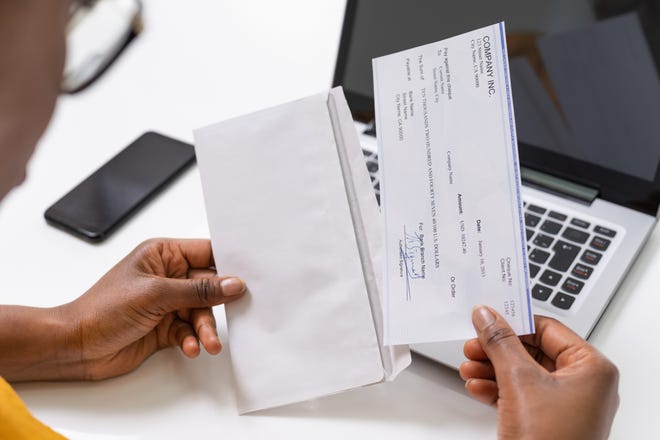
Planning for the unexpected is crucial since life doesn’t always go as planned.
But only 44% of Americans are prepared for a $1,000 emergency expense, according to a survey from financial analysis site Bankrate. While a percentage point higher than last year, most people still say they would be derailed by such a crisis.
The report, published Tuesday, sampled answers from over 1,000 participants, 66% of whom who worry whether they could cover a month’s living expenses if they lost their primary source of household income.
Of the unprepared Americans, 21% said they would use a credit card for the necessary expenses, 16% would reduce their spending on other things to pay it upfront and 10% would ask a loved one to borrow money, the survey found. Just 4% said they would be forced to take out a personal loan.
“All too many Americans continue to walk on thin ice, financially speaking,” Mark Hamrick, senior economic analyst at Bankrate, said in the report.
Learn more: Best current CD rates

Media job cuts:Business Insider to lay off around 8% of employees
Most say high inflation makes it harder to save
Hamrick said that high inflation often stops people from saving more.
The study found that 63% of Americans blame high inflation for the difficulty of saving money. Just 45% cited rising interests rates, 41% cited a change in income and 42% listed another option.
“Inflation has been a key culprit standing in the way of further progress on the savings front,” Hamrick said. “Fortunately, rising interest rates have also provided more generous returns on savings.”
Tips to save amid high inflation
The report offered three tips on how to build an emergency fund amid high inflation.
- Calculate how much emergency savings you need. Experts say saving around three to six months of expenses is ideal but not a concrete rule, Bankrate said. They added that hiring slowdowns, recessions or other economic hardships may require you to save more.
- Open an account specifically for emergency use. Bankrate urges people to have emergency funds accessible for when it’s needed, whether it’s an online savings account, money market mutual fund or a money market account.
- Budget around an emergency fund. Getting by for each week and month is not ideal. It’s crucial to consider how you can routinely save in case of emergencies and to stick to good habits, Bankrate said.







